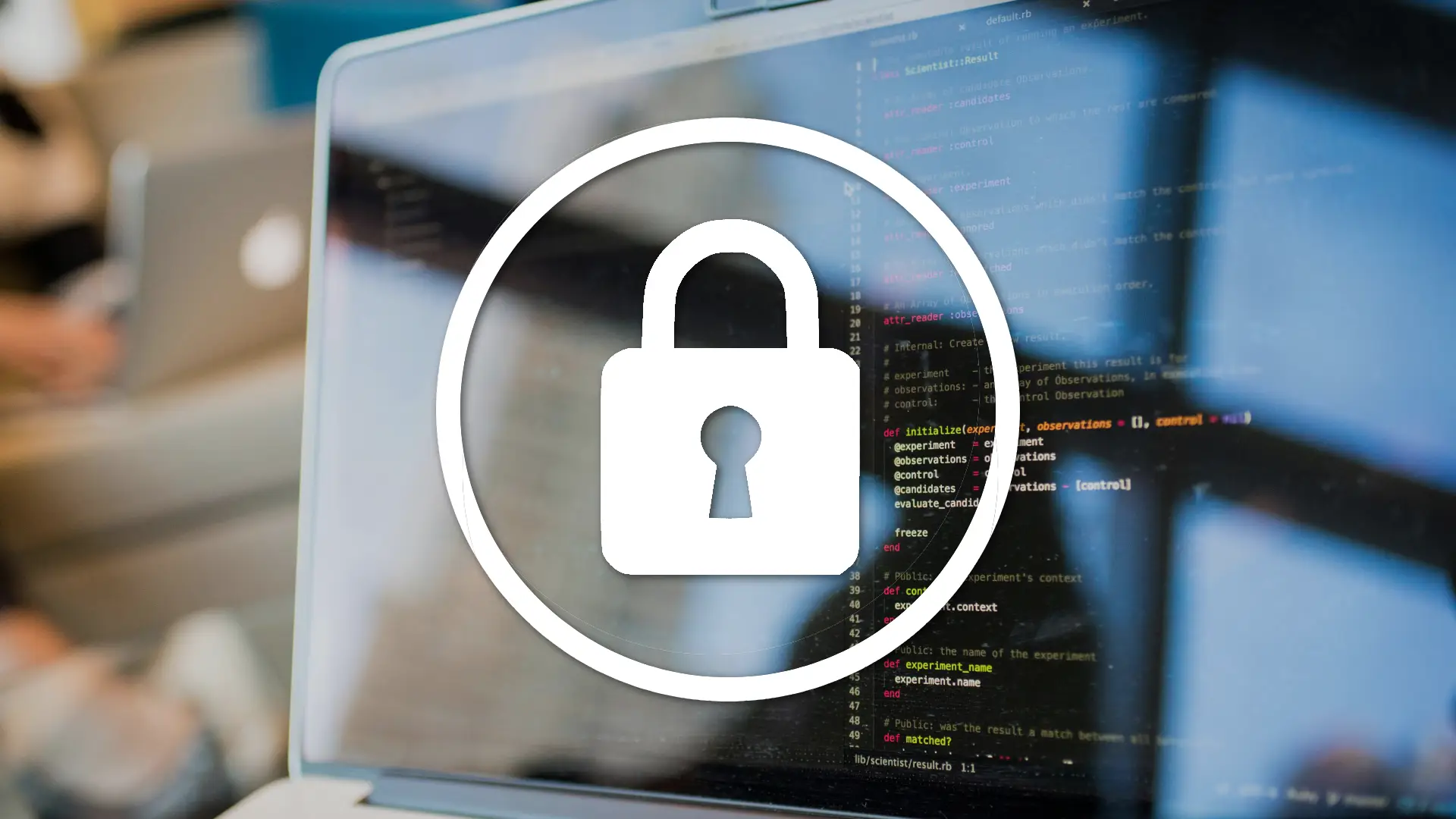In today’s digital landscape, businesses must prioritize data security to protect sensitive customer information from cyber threats. With increasing regulations like the General Data Protection Regulation (GDPR) and growing customer concerns over privacy, securing data is not only a legal requirement but also a crucial part of maintaining customer trust. Whether you’re collecting email addresses for marketing purposes or processing credit card transactions, it’s essential to implement robust security measures that safeguard your customers’ data.
Why Data Security Matters
Securing customer data is critical for several reasons. First, it helps prevent data breaches that could lead to identity theft, financial losses, and reputational damage. Second, data security ensures compliance with privacy laws and regulations, such as GDPR or the California Consumer Privacy Act (CCPA). Lastly, customers are more likely to trust and remain loyal to businesses that demonstrate a strong commitment to protecting their personal information.
Key Data Security Practices
- Encrypt Sensitive Data: Ensure that sensitive customer data, such as credit card numbers and personal identification details, are encrypted both in transit and at rest. Encryption prevents unauthorized access even if data is intercepted.
- Use Strong Passwords and Authentication: Implement strong password policies and use two-factor authentication (2FA) for both your business and customers. This adds an extra layer of security to accounts and reduces the risk of unauthorized access.
- Secure Your Website: Use HTTPS to encrypt the connection between your website and users. Additionally, keep your website’s software, plugins, and content management system (CMS) up to date to avoid vulnerabilities that hackers can exploit.
- Limit Access to Data: Ensure that only authorized employees have access to customer data. Use role-based access control (RBAC) to limit the amount of data employees can view or edit based on their job responsibilities.
- Regularly Update Security Protocols: Cyber threats are constantly evolving, so it’s important to update your security protocols regularly. Use firewalls, anti-virus software, and security patches to protect your systems.
- Educate Employees on Cybersecurity: Provide ongoing training to employees about the importance of data security, recognizing phishing attempts, and following best practices for handling customer information.
Responding to a Data Breach
Despite taking precautions, breaches can still occur. In the event of a data breach, it’s essential to act quickly and transparently. Notify affected customers immediately, contain the breach to prevent further damage, and cooperate with legal authorities if necessary. Have a response plan in place before a breach happens to minimize the impact.
Conclusion
Securing customer data is not just a legal obligation but a cornerstone of building trust and loyalty in your business. By implementing strong data protection practices, educating employees, and keeping up with the latest cybersecurity trends, you can reduce the risk of breaches and protect your customers’ sensitive information.
Disclaimer: The information provided in this article is for informational purposes only and should not be considered as financial, business, or professional advice. Always consult with a qualified professional before making any decisions.
This article is copyright © blogwidow.com. Please do not reprint without permission.
